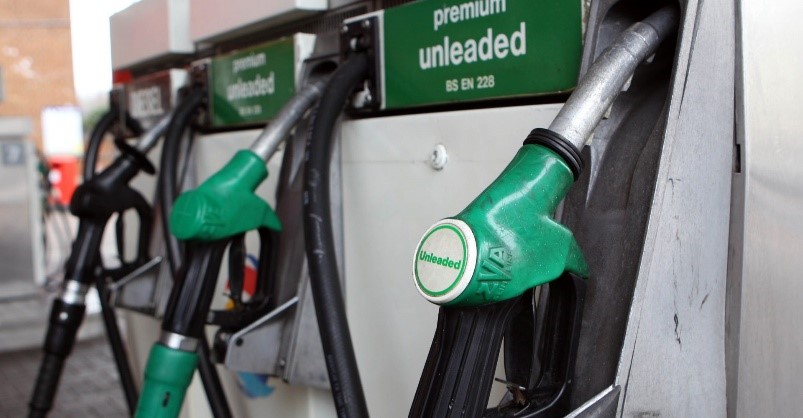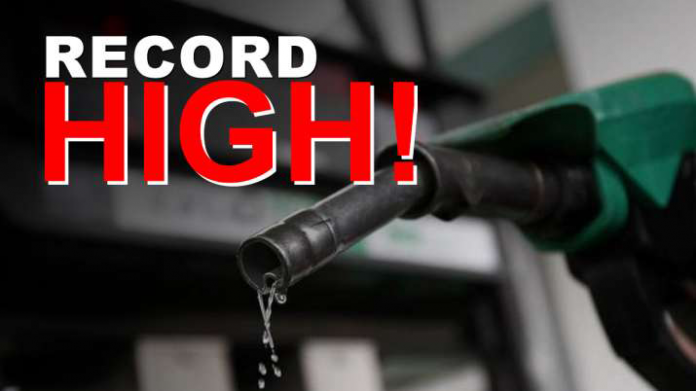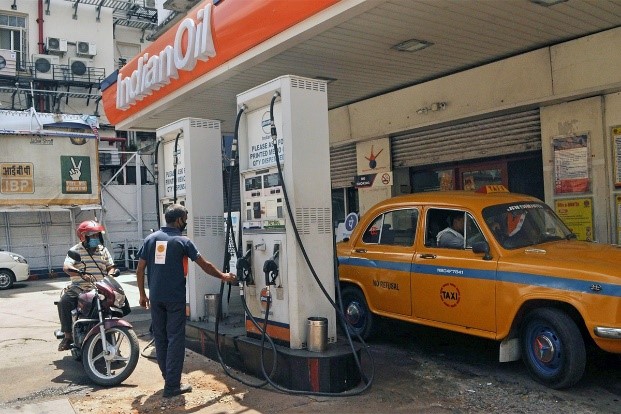Fuel price rise: Necessity for Sustainable Future?

Fuel prices have seen a consistent rise in its prices over the last many months and have seen an increase of over Rs.36 per liter for petrol and over Rs. 26 per liter for Diesel in the last 18 months. This price increase is directly passed on to the end consumer and is felt hard by almost everyone dependent on this. This is also raising concerns on adverse inflationary impact on the economy
International prices of petrol have been rising, and today Global oil prices are at 5-year high levels in the international market trading at $83 per barrel. This increase in the price is due to a sharp increase in the demand due to post-pandemic industrial growth.

International prices are also heavily influenced by geopolitical situations like the control regime implemented by OPEC nations in terms of their production output, supply of alternative sources of fuel like coal, and also economic embargo on other oil-producing nations like Iraq, Venezuela, etc.
Fuel prices are as much an economic issue, as these are a geopolitical issue in today’s world. Wars have been unleashed over countries with huge oil reserves, nations have been destroyed and non-compliant alliances have been forged globally, just to exercise control over this commodity.
In India, the fuel prices rise is made to be an emotional issue where a large population is dependent on fossil fuel for their day-to-day livelihood. Almost every opposition party tries to capitalize on this emotional capital to create anti-government sentiments.
Almost every government, at the center and in the states, uses the sale of fuels as a source of income for running various social welfare and infrastructure development schemes. They impose high levels of taxes both at the Center and at state levels to shore up their treasury, probably they don’t have many options.

For a moment, if we move away from the politics of fuel prices, we will be able to analyze the trends in fuel prices better. Fuel prices in India in 2001 were Rs. 26 per liter, these went up to Rs. 63 per liter in 2011 and today they are about Rs. 101 per liter.
These stats give us a better insight into the reality of the price rise and that these are aligned with the increase in per-capita and inflation trends which makes perfect economic sense. No matter how emotional we get about the increase in fuel prices, but these have not grown faster than the income and inflation both Reserves of Fossil fuels are limited, and it is also known that the fast-paced industrial growth which is dependent on fossil fuels has had an adverse impact on the Climate.
Somehow, we have got so used to it, that we have lost sight of the impact on our mother nature and the world we are creating for our future generations. There is a need for all of us to be responsible and create an eco-system that discourages the use of fossil fuel, move towards green-energy sources and protect our environments.
Governments imposing levies in form of sin-tax for consuming fossil fuel, to discourage thoughtless use of this commodity and encourage the use of alternate means, is the right step forward.